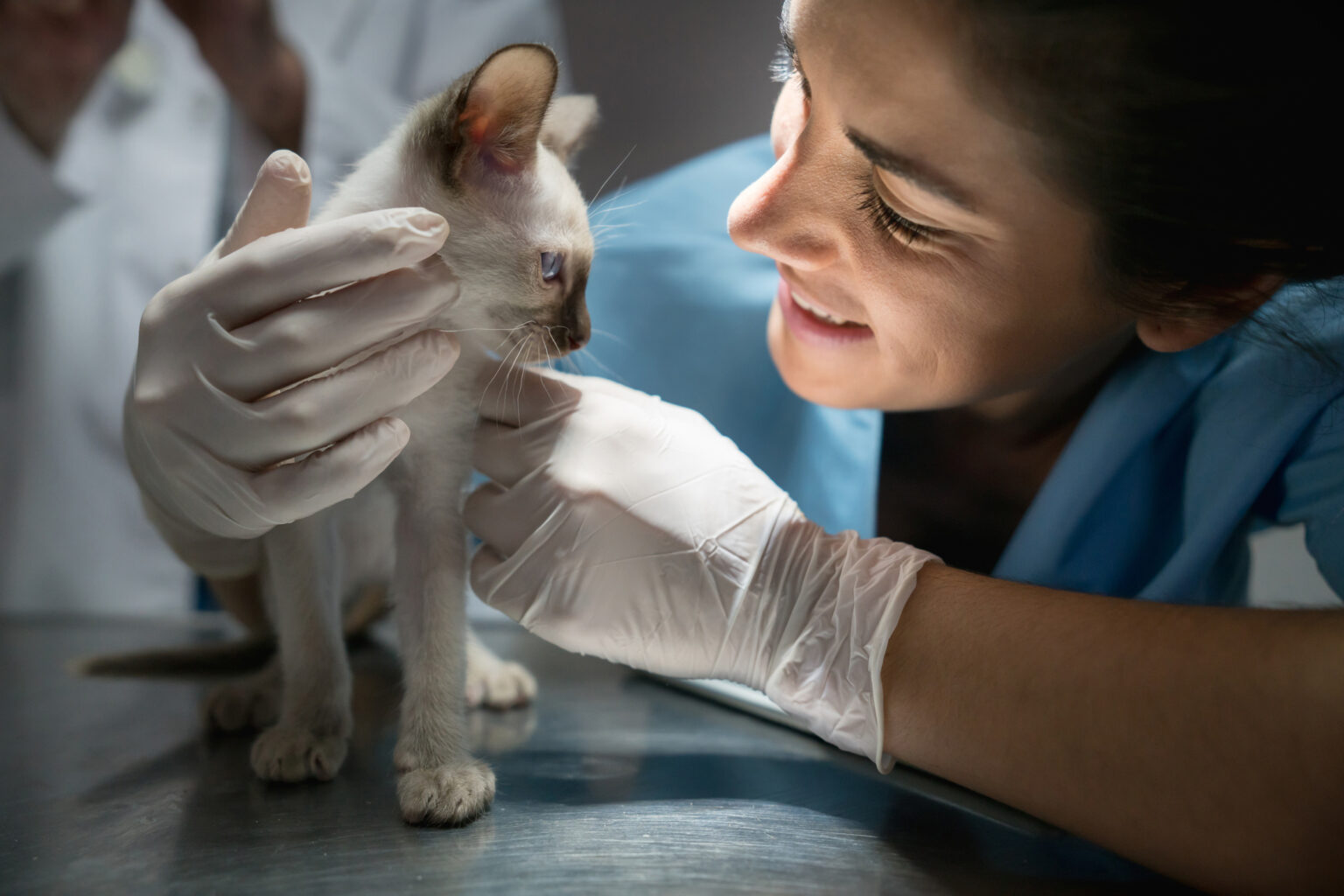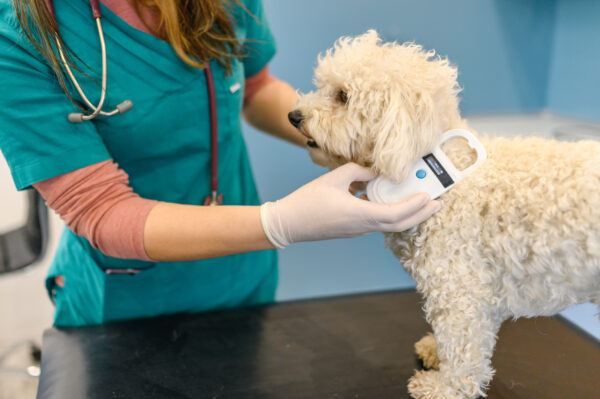Once you have had your kitten at home for a couple of days, you should take it to the vet to be examined. Taking your cat or kitten to the vet doesn’t have to be traumatic provided that it is handled and managed well right from the very first encounter.
Some kittens may have already been to the vet for their first vaccination before you get them but even if the kitten has been to the vet with the breeder it is still important to start your kitten’s relationship with your vet as positively as possible. This can be done by following a few simple steps and avoiding any trauma or stressful times while at the vet’s.
To prepare your kitten for the first vet visit
- Schedule your kitten’s first appointment as early in the morning as possible, preferably when the clinic opens or when there are fewer people. Since your kitten hasn’t completed his vaccinations, he’s susceptible to diseases. Scheduling an appointment when the clinic is less active will also help ease the anxiety your kitten will feel in a strange environment and reduces the chances of your kitten having to cope with a waiting room full of dogs etc.
- Purchase a cat carrier to secure your kitten in during travel and your vet visit.
- Consider pheromone support. Spray your cat carrier 15 minutes prior to your journey with Feliway Spray. Feliway will help to reduce stress and anxiety which will help your kitten feel more comfortable and at ease.
- Write down and bring along any questions you have about caring for your kitten. Do not feel embarrassed about asking questions – your vet is very likely to have heard them before and no question is silly if you don’t know the answer.
During the first visit, your vet will carry out a full clinical examination of your kitten and is likely to ask you many questions including where you obtained your kitten from and whether it has been wormed, had any vaccinations, been deflead, etc. Bring along any paperwork the breeder or cattery gave you as this may include the information your vet needs.
During the clinical examination, your vet will weigh your kitten and examine his coat, ears, eyes, heart, lungs, teeth and gums. Depending on the age of your kitten, the first trip to the vet usually involves his first vaccination. This is due at 8-10 weeks of age with a second vaccination 2-4 weeks after the first.
The examination does not cause your kitten any pain, and even the vaccinations are just a slight needle prick. It is important to make the first visit positive and enjoyable for the kitten as your vet should see your cat every year for an annual health check and vaccination, a well-behaved cat during the examination is key. Get your kitten used to being handled from day one. Regularly hold your kitten and practice opening their mouth. Give your kitten lots of praise and attention when it sits still and allows you to open its mouth. If you put in the work early on, then when you need to worm your cat, or if you need to give it tablets in the future, you will be glad you did this.



